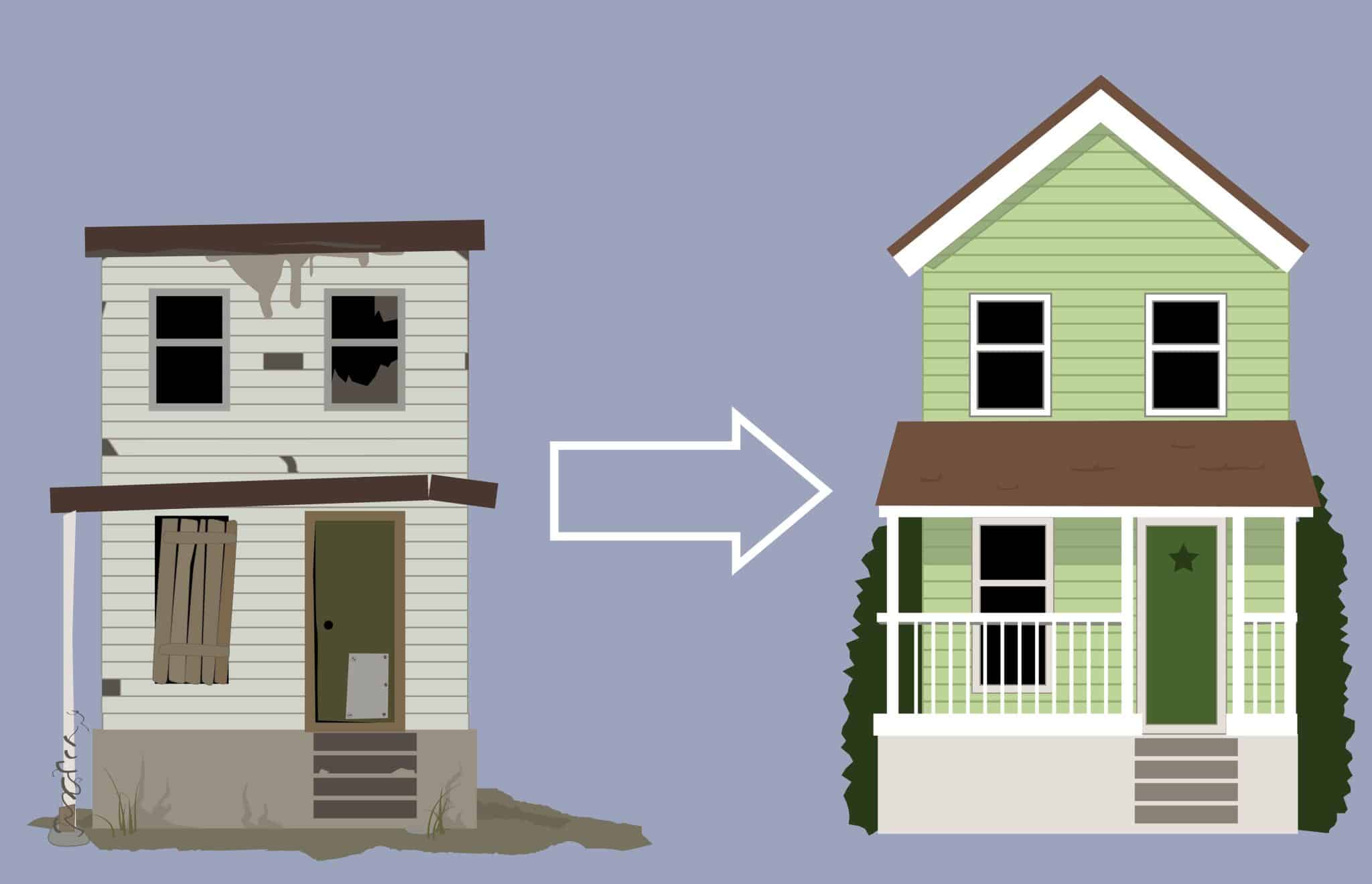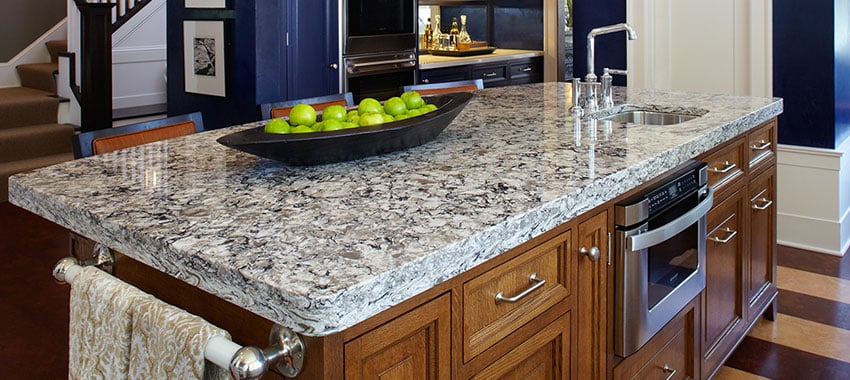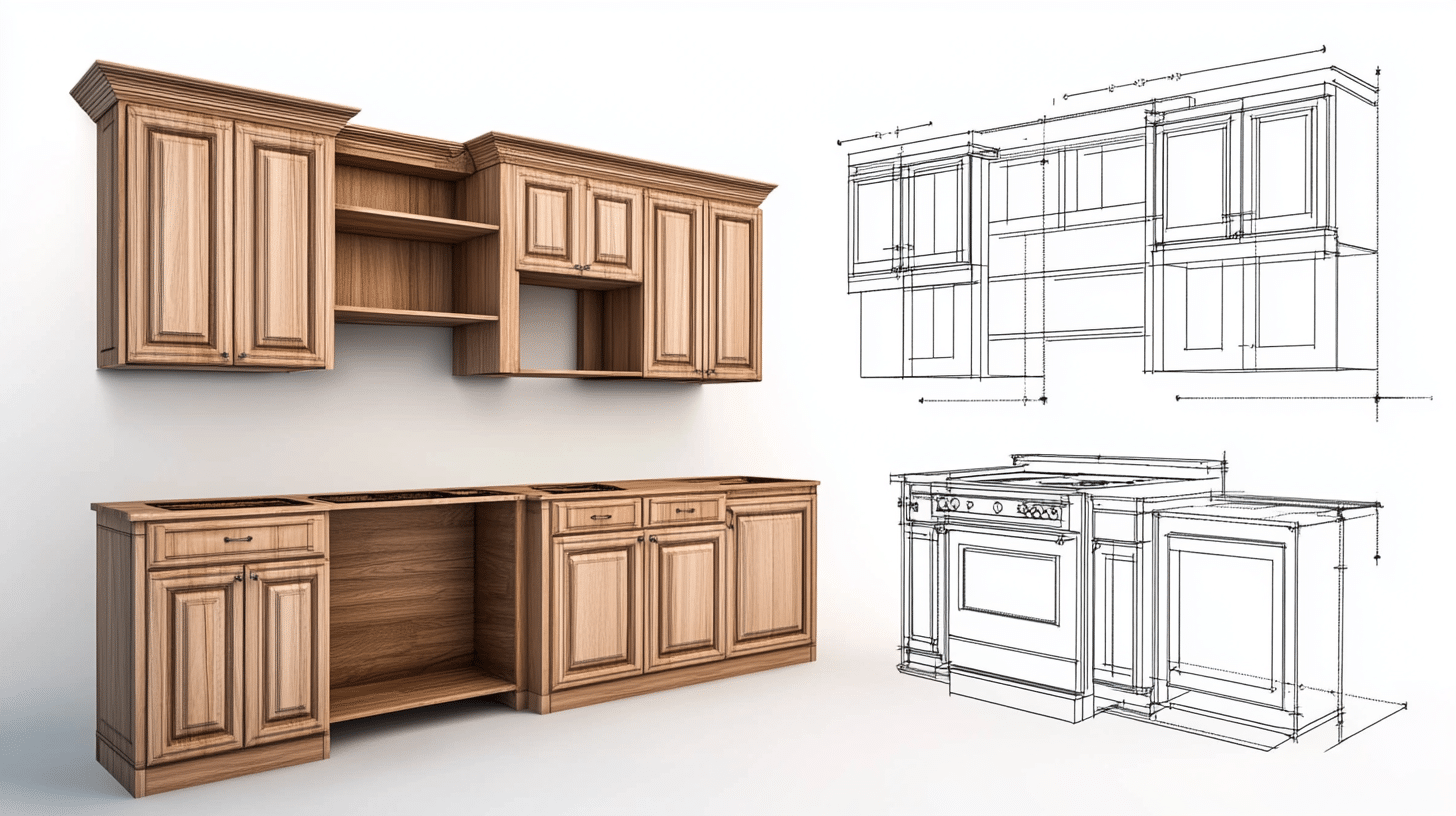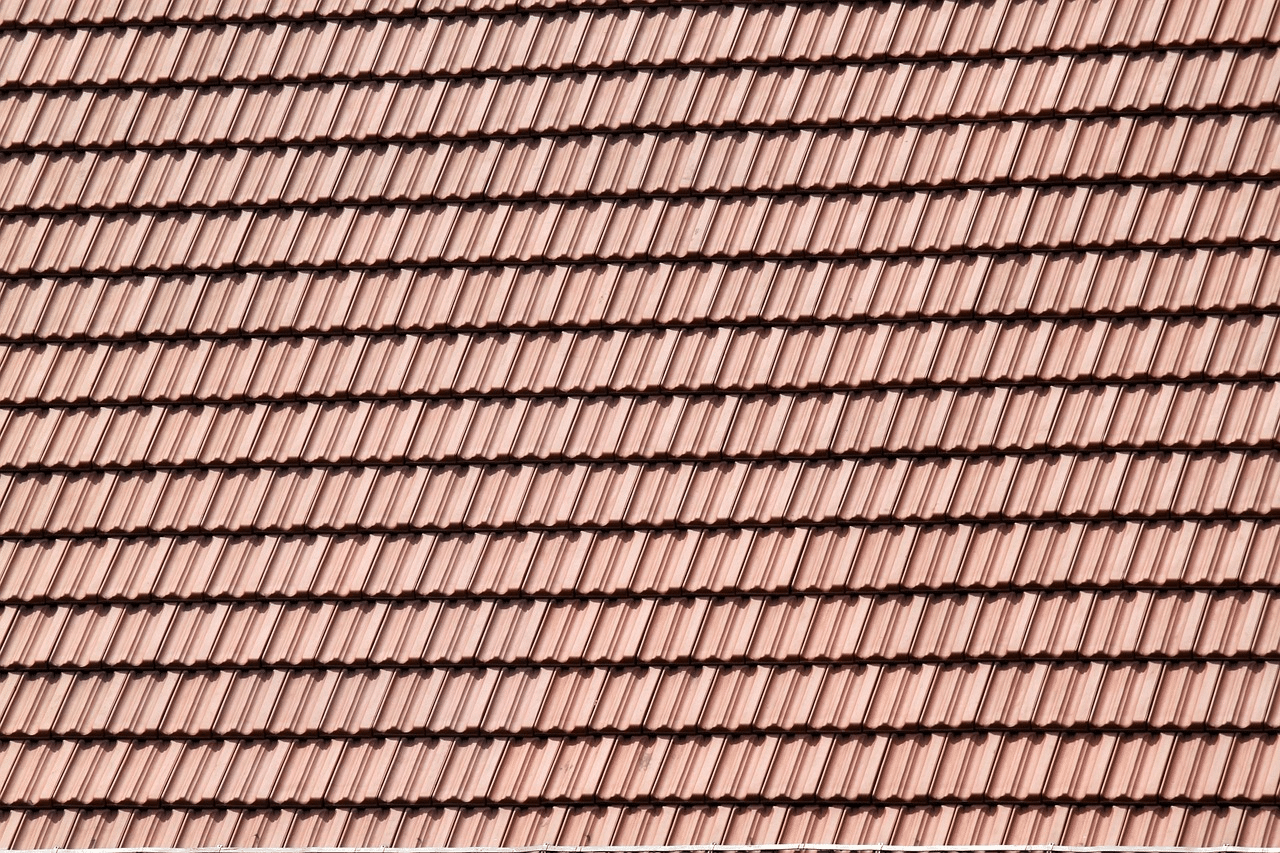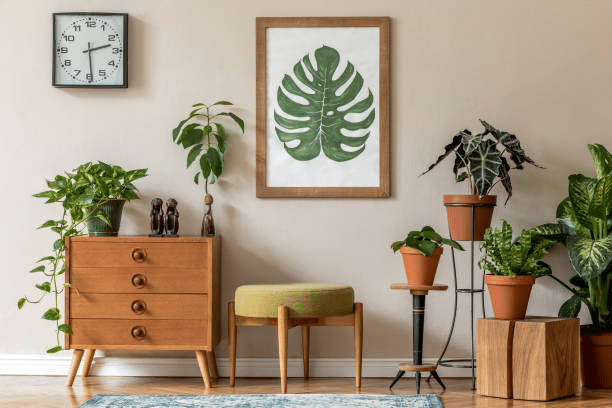Historic Homes Vs. Modern Designs: Pros, Cons, And Preferences
The debate between historic homes and modern designs is as old as architecture. The charm of bygone eras draws many, while the allure of contemporary structures captivates others. But when it comes to evaluating the advantages and disadvantages of each, the factors are vast and varied.
Whether you’re drawn to colonial facades or minimalist abodes, understanding the unique offerings of both styles can help guide your decision. Especially when looking at for sale houses and units, it’s crucial to know the nuances of these two architectural gems.
The Allure Of Historic Homes
Historic homes have long captivated the imagination of enthusiasts and homeowners alike. With their rich stories, intricate details, and architectural grandeur, these properties offer more than just shelter—they provide a gateway to the past. Embracing the allure of these time-honored structures means appreciating the craftsmanship, character, and charm that modern constructions often struggle to replicate.
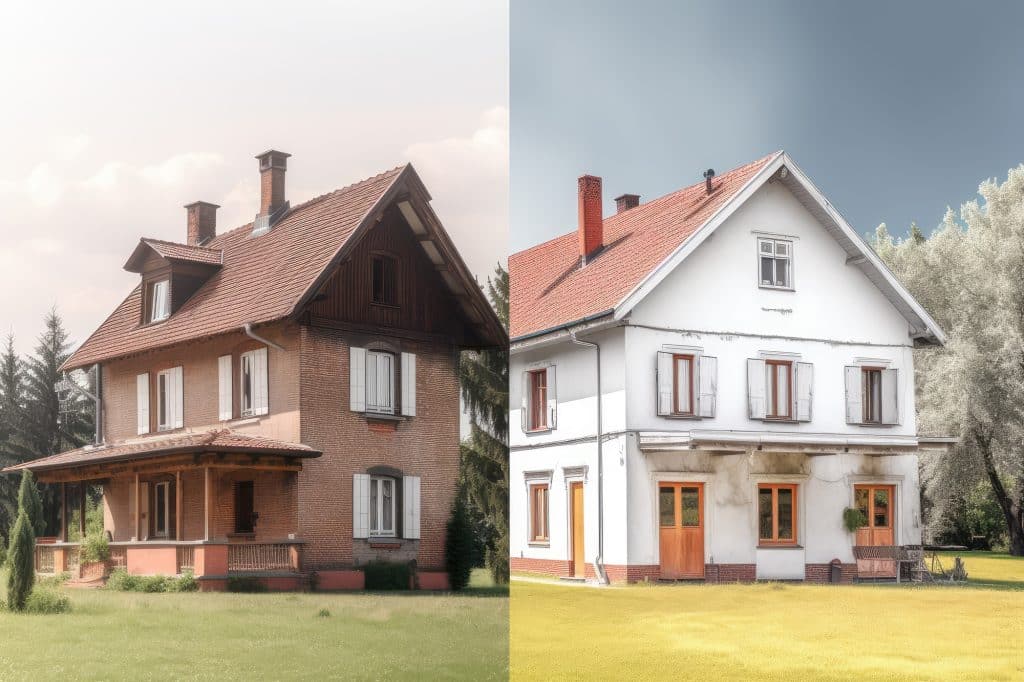
- Rich History and Character: Historic homes are replete with stories. You’re walking into a piece of history when you step into one. The walls have witnessed countless events, and there’s an undeniable charm. The detailed woodwork, high ceilings, and unique floor plans often found in these homes cannot be replicated.
- Quality Craftsmanship: In bygone eras, homes were primarily built by hand, often resulting in unmatched craftsmanship. These properties can stand for centuries if maintained properly, a testament to their quality.
However, it’s essential to remember:
- Maintenance Challenges: Older homes often present maintenance challenges due to their age and wear over time. These challenges can range from issues with wiring and plumbing to problems with the foundation. Regular maintenance is necessary to address these issues and ensure the home remains in good condition.
- Efficiency Issues: Historic houses may have been built without the same level of insulation, efficient windows, or up-to-date HVAC systems found in modern homes. As a result, these houses might be less energy efficient. This means they may be more prone to heat loss or gain, resulting in higher energy consumption and utility bills. It may be necessary to invest in updates and renovations to make the home more energy-efficient.
The Appeal Of Modern Designs
The world of architecture has evolved dramatically, ushering in an era where modern designs take center stage. These contemporary structures, characterized by clean lines, functional spaces, and innovative technologies, cater to the present-day lifestyle. Embracing the appeal of these designs means valuing efficiency, adaptability, and the forward-thinking spirit of the 21st century.
- Functionality First: Modern homes prioritize functionality. Open floor plans, ample natural light, and built-in conveniences like smart home systems have become the norm. These houses are designed for today’s lifestyle.
- Energy Efficiency: With rising concerns about environmental sustainability, new homes are built to be energy efficient. High-quality insulation, solar panel options, and advanced HVAC systems all contribute to decreased energy consumption.
But, there are downsides:
- Less Character: While modern homes may be sleek and stylish, some argue that they may also lack the character and personality of older builds. Older homes often have more intricate architectural details and unique features that give them a distinct character. Some homeowners may prefer the charm and character of an older home over the more generic design of a modern home.
- Potentially Higher Costs: Modern homes may be constructed using cutting-edge technologies and materials that can drive up building costs. This can make them potentially pricier than historic homes. The cost of land and labor can also contribute to higher overall costs. Homeowners should carefully consider their budget when deciding whether to build a modern or historic home. When making this decision, it may also be necessary to consider long-term costs, such as energy consumption and maintenance costs.
What Do Buyers Prefer?
When searching for a new home, you might wonder what the market trend suggests. While the nostalgia of historic homes enchants some buyers, others prioritize the conveniences and innovations of modern builds. Location also plays a significant role. Contemporary designs might dominate urban centers due to space constraints and the desire for new amenities. On the other hand, suburban and rural areas may offer a mix, giving potential homeowners a buffet of options.
Making Your Choice
The decision between a historic home and a modern design concerns personal preference and priorities. Do you value character and history? Or are efficiency and functionality at the top of your list? Considering both immediate desires and long-term implications, it’s important to weigh the pros and cons.
Conclusion
Ultimately, whether you lean toward the grandeur of historic homes or the precision of modern designs, both offer unique benefits and drawbacks. The key is understanding your personal preferences, needs, and budget. Remember, a house becomes a home not because of its age or design but because of the memories you create within its walls. Choose wisely, and let your home be an extension of your individuality.

